Washington, Jan 18, (V7N) — The U.S. Supreme Court on Friday unanimously upheld a law that could lead to a ban on TikTok in the United States, siding with the government's national security concerns over the First Amendment rights of the app and its 170 million American users.
The decision now shifts attention to President-elect Donald Trump, who takes office on Monday. Trump had previously attempted to ban TikTok during his first term but now promises to “save” the platform, although it remains unclear how he could do so.
Minutes before the Supreme Court’s ruling, Trump posted on social media that he had just spoken with Chinese President Xi Jinping about TikTok and other matters, expressing optimism about resolving issues together.
Following the decision, Trump stated that he would determine the next steps "in the not too distant future" and urged the public to "stay tuned."
Alan Rozenshtein, a law and technology policy expert at the University of Minnesota, noted that Trump’s options were limited and suggested that the most likely outcome is TikTok being shut down on Sunday, January 19, and remaining offline for the time being.
TikTok has warned that even a temporary ban could have devastating effects on its user base and content creators, affecting its 170 million American users and over a billion worldwide.
The Court’s decision followed more than two hours of arguments on January 10 regarding whether the U.S. government could force TikTok to separate from its Chinese parent company, ByteDance. TikTok argued that such a move would be an unprecedented restriction of free speech.
In its ruling, the Court acknowledged TikTok’s role as a popular platform for expression and engagement but said Congress had determined that a divestiture was necessary due to national security concerns. The Court emphasized that its ruling was focused specifically on TikTok, given the urgent timeline.
Free speech advocates expressed concerns, with Jameel Jaffer of the Knight First Amendment Institute arguing that the decision weakens the First Amendment and broadens the government’s power to restrict speech in the name of security.
The Department of Justice contended that the law was not targeting speech but aimed to prevent a foreign adversary from controlling a widely used communication platform. The government expressed fears that TikTok’s connection to China could allow the Chinese government to collect data on Americans or manipulate content to influence U.S. opinion.
The Court’s opinion also referenced Trump’s past efforts to separate TikTok from ByteDance. Despite his previous concerns, Trump indicated that, once in office, he may attempt to delay enforcement of the law to allow for further negotiations.
Trump could direct his attorney general not to enforce the law, but it is unclear whether tech companies like Apple and Google would take this as sufficient protection from penalties.
There are also questions about whether Trump could push for an extension of the deadline for TikTok’s divestiture from ByteDance. During the Court's hearing, Solicitor General Elizabeth Prelogar referred to this as a matter of statutory interpretation.
TikTok’s lawyer warned that without action from the Court, the platform would “go dark” on Sunday, although the law does not directly mandate TikTok to act. Instead, penalties would target app stores and companies that host TikTok’s content, which would eventually make the app harder to use, though not necessarily impossible.
Deputy Attorney General Lisa Monaco stated that enforcement would be gradual.
Legal expert Gus Hurwitz suggested that Trump’s most viable path would be working with Congress to reverse the law, but that seems unlikely. Instead, Trump may use this situation to criticize his predecessors, the Supreme Court, and others involved in the ban.
Trump’s shift in position on TikTok might reflect the platform’s success in engaging young voters, with his own account having nearly 15 million followers. Additionally, Trump’s ties to ByteDance through conservative donors may have influenced his support for TikTok.
Despite the ongoing legal battle, the future of TikTok in the U.S. remains uncertain as Trump prepares to take office.
END/SMA/NYC/AJ/



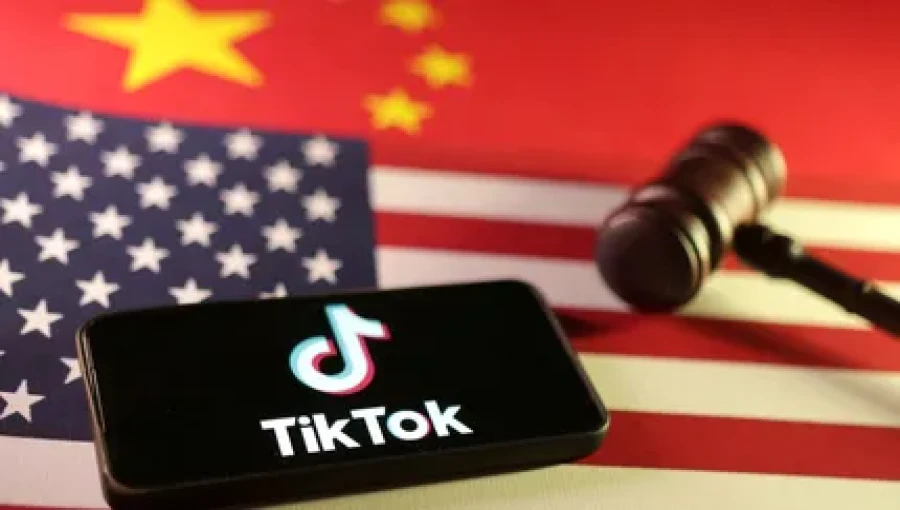
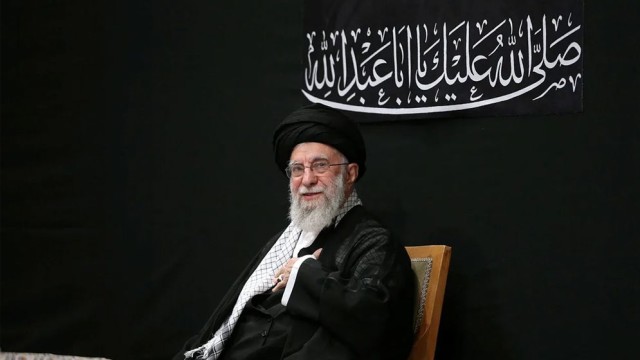


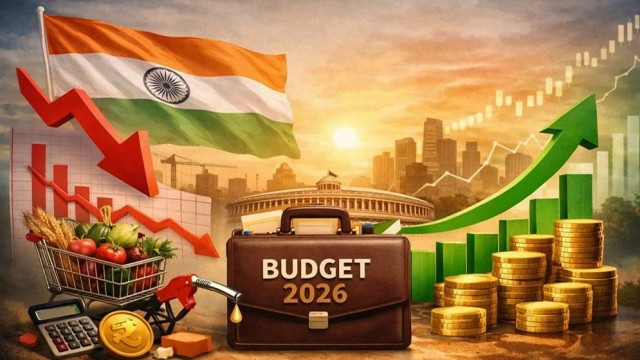



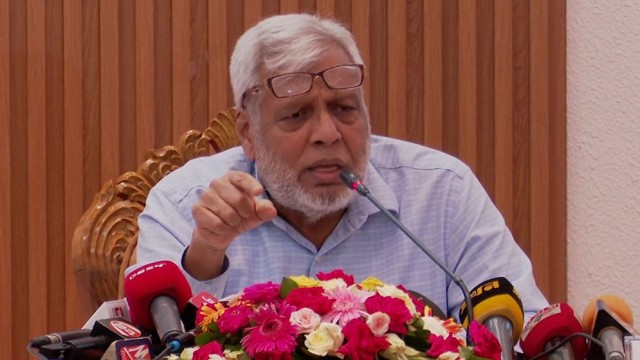
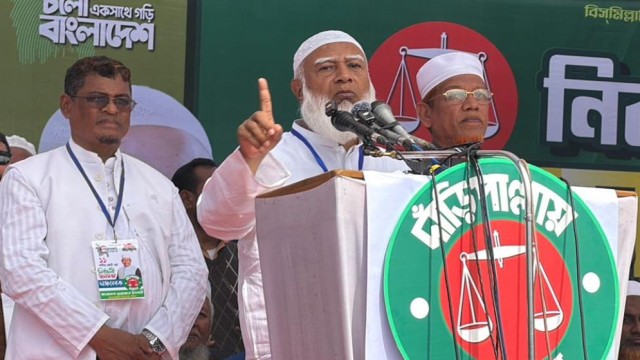
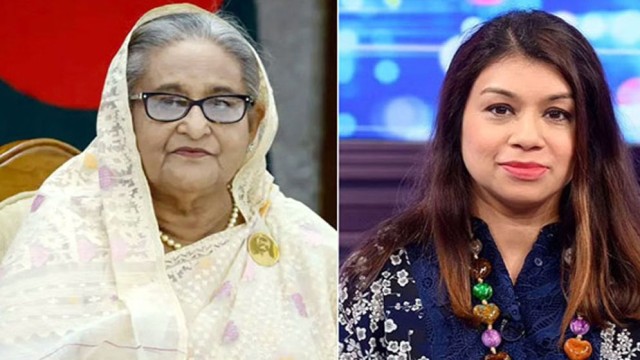
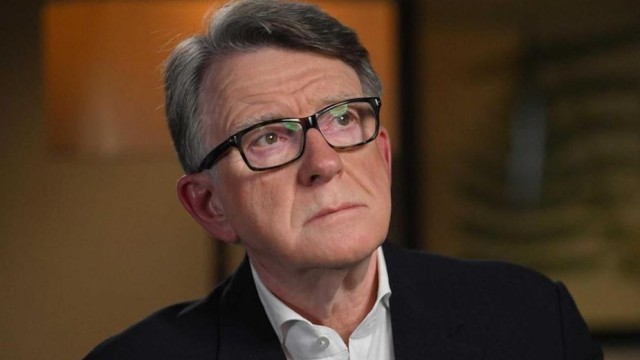
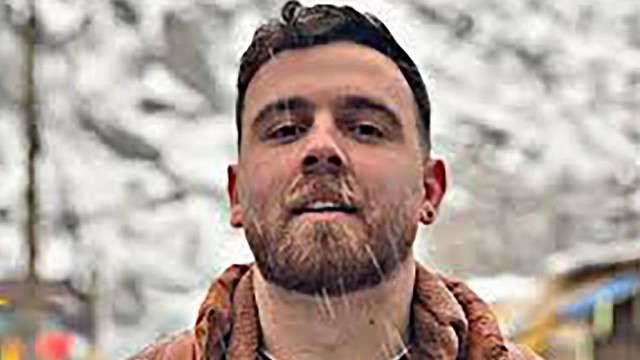
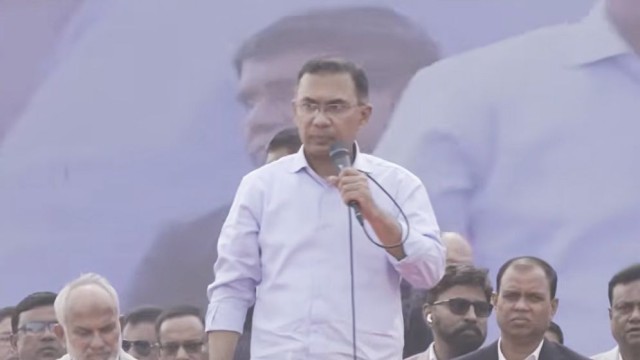
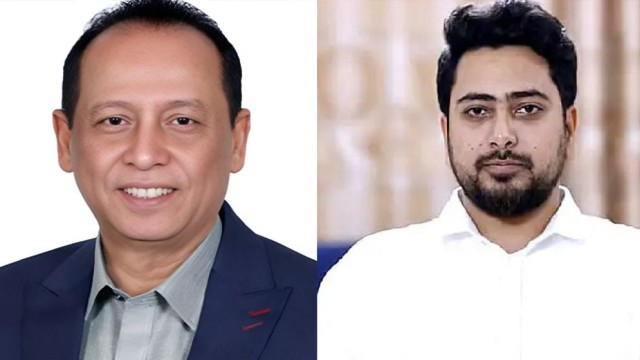




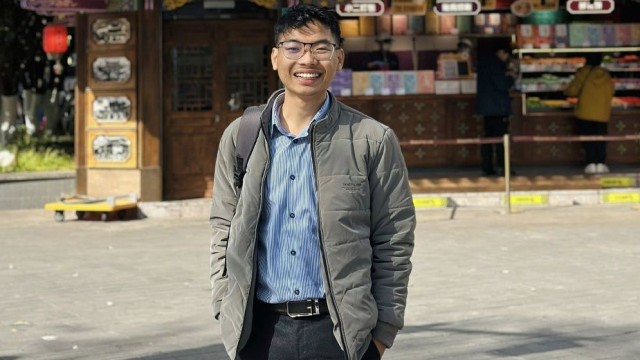

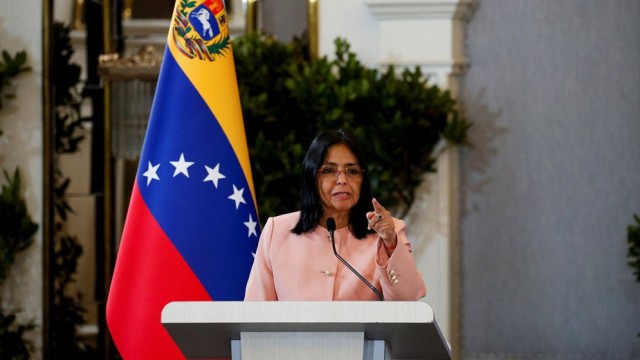
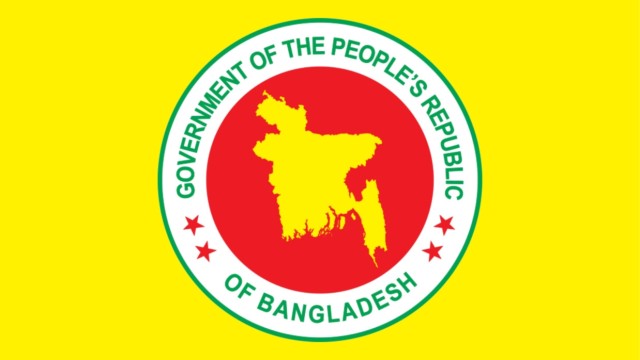
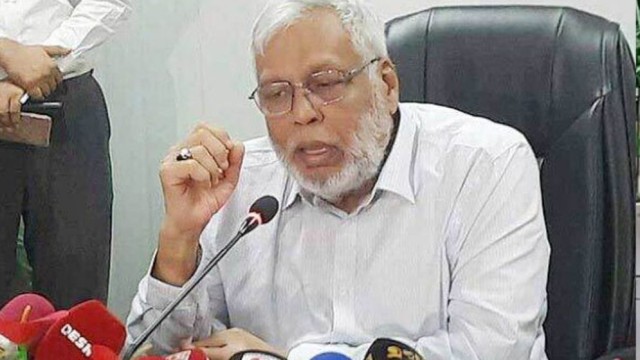


Comment: